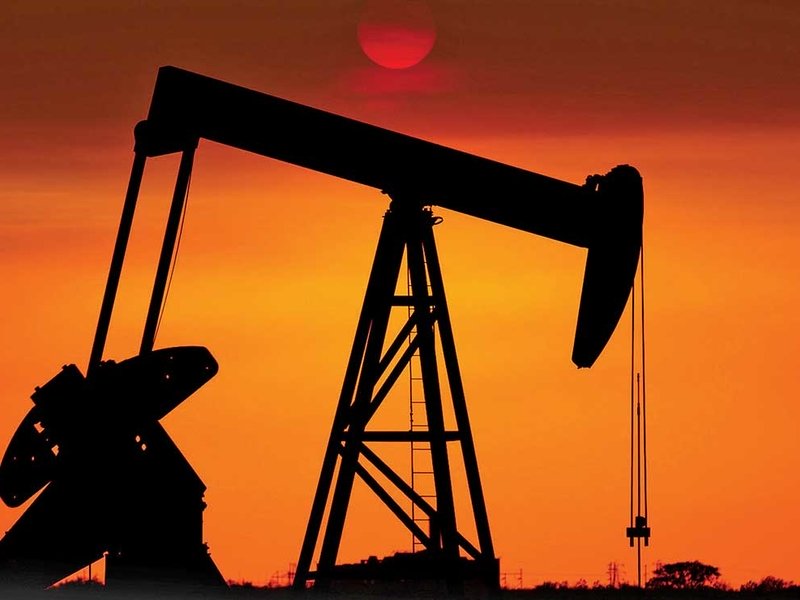
When the Texas energy industry is thriving, that means good-paying jobs in a state that loves big-ticket full-size trucks.
So Saudi Arabia’s escalating oil price war with Russia, which has the potential to hurt U.S. oil producers and their employees, will be closely watched by the state’s dealers and associations.
Oil prices last Monday had their worst day since 1991, plummeting by double-digit percentages amid coronavirus fears and the launch of Saudi Arabia and Russia’s price war. The two major oil producers are feuding over Russia’s refusal to comply with OPEC’s proposal to further cut production and restore oil market stability as the virus continues to disrupt global economies.
In Texas — the largest oil and natural gas producing state in the country — the energy sector is a crucial part of the “engine of the economy,” said Darren Whitehurst, president of the Texas Automobile Dealers Association.
“If the price of oil stays at $30 or below, it will have a dramatic impact on the state of Texas,” he said.
West Texas Intermediate, a grade of crude oil used as a benchmark in pricing, was trading around $30 last week. Its 52-week high is nearly $67.
Whitehurst said that every time there has been an oil bust, it has rippled through the Texas economy. While some consumers may delay vehicle purchases, he has not heard from dealers that there has been a significant change in vehicle sales yet, he said.
At McRee Ford in Dickinson, a suburb of Houston, dealer Mitchell Dale said if oil prices stay low, it will impact the economy and jobs in Texas, specifically in the Houston area, which could also lead to a slowdown in sales of high-margin pickups.
McRee Ford sells 100 to 120 new F-150s and F-250s each month. But Dale said traffic at the dealership seems to have slowed as coronavirus concerns increase and infections spread. As of Friday, March 13, there were at least 24 reported cases in Texas, according to the Centers for Disease Control and Prevention.
“We just have to be cautious and see how it plays out,” he said.
Houston is still viewed as the “energy capital of the world” since the 1980s oil bust, though its economy has diversified, according to dealer Steven Wolf of Helfman Dodge-Chrysler-Jeep-Ram, Helfman Fiat-Alfa Romeo-Maserati and Helfman Ford. Wolf estimated the dealership group sells about 150 full-size pickups each month.
“I’m sure there is an effect to our economy, but it’s muted because of the diversification we have here,” he said.
W.C. Smith, chairman of the Houston Automobile Dealers Association, said a drop in oil prices is good for consumers because it’s less money spent at the pump, but “any sort of market disruption — coronavirus or other — can lead to uncertainty.”
Smith recognizes this firsthand at Monument Chevrolet in Pasadena, Texas, where he is vice president.
“Our dealership sits across the street from Shell Oil where they refine, I’ve heard, as much as a quarter of the nation’s gas,” he said. “My customers are very keenly aware of the energy industry, and that’s what puts food on their table.”
Smith said he hasn’t seen any immediate effects or order cancellations, but while some customers might take advantage of low prices at the pump by purchasing trucks, others will be waiting on the sidelines because of the potential impact to their jobs or businesses.
“Whether these are bellwethers of a change in economy or just blips on a radar surrounding a lot of coronavirus discussion, it’s just a little too soon to tell,” he said.